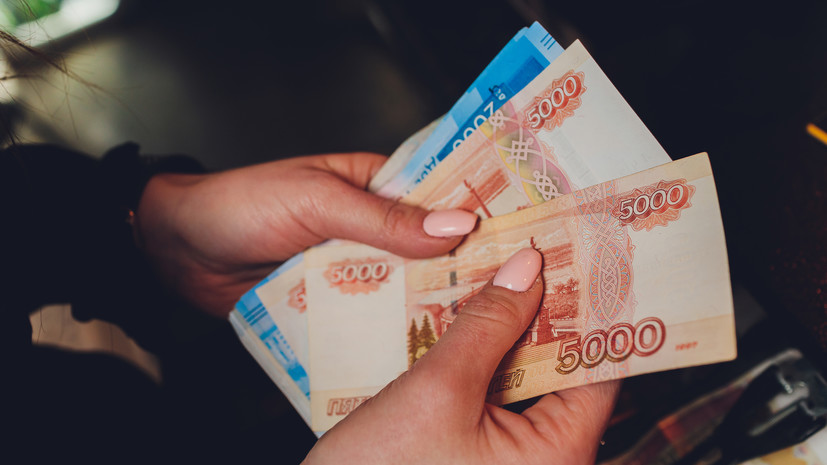From February 1, 2024, the Russian government, on behalf of President Vladimir Putin, will index a number of social payments, benefits and compensation. A decree on this was signed by Prime Minister Mikhail Mishustin on Thursday, January 25.
As follows from the document, social payments will be increased taking into account actual inflation for 2023 - by 7.4%. In total, the initiative will affect more than 40 different financial support programs.
“In general, this measure will affect about 20 million people, and they should receive the funds they are entitled to, naturally, without delay. Dear colleagues, I ask you to carefully monitor this in each region,” Mishustin said at a meeting of the Cabinet of Ministers.
In particular, according to him, the amount of maternity capital will increase - from 586.9 thousand to 630.4 thousand rubles for the first child and from 775.6 thousand to almost 834 thousand rubles - for the second, if the family is born before his birth did not receive a certificate. If parents have already received money for their first-born, then when the second child appears, they will be paid an additional 202.6 thousand rubles, and not 188.7 thousand, as now.
Moreover, if maternity capital was paid to the family before February 1, but they have not yet managed to dispose of it, the payment will still be raised by 7.4%. If the money has already been partially spent, then only the unused balance will be indexed.
Gettyimages.ru
© alexkich
In addition, the authorities are going to increase the lump sum payment at the birth of a child - from 22.9 thousand to 24.6 thousand rubles. At the same time, the minimum amount of benefits for caring for a child until he is one and a half years old will increase - from 8.6 thousand to 9.2 thousand rubles. The maximum amount of this support was indexed from 33.2 thousand to 49.1 thousand rubles starting from January 1.
“There is also an increase in payments to disabled people and veterans of the Great Patriotic War and hostilities, Heroes of Russia, Heroes of Labor and other citizens... The fulfillment of social obligations to citizens is fully provided for in the federal budget, which was approved by the President last year,” added Mikhail Mishustin .
The planned indexation will partly compensate Russians for rising consumer prices and thereby protect the incomes of the most vulnerable categories of citizens. This point of view was expressed in an interview with RT by Svetlana Bessarab, a member of the State Duma Committee on Labor, Social Policy and Veterans Affairs.
“It is worth noting that part of our social payments is indexed to a level above inflation. For example, benefits for temporary working capacity, as well as for pregnancy and childbirth, were increased by one and a half times. This is a fairly serious bid to support the well-being of the least financially protected people, especially families with children, and to prevent a fall in their real income,” the deputy added.
In her opinion, an increase in material assistance from the state should have a positive impact on people’s solvency and the level of consumer demand. This, in turn, will further contribute to GDP growth. A similar point of view was expressed in a conversation with RT by Alexander Abramov, head of the laboratory for analysis of institutions and financial markets at the Institute of Applied Economic Research at RANEPA.
“In general, indexing has a high social significance. It will stimulate economic growth, since Russians will use the increased amount of available money for consumption,” the specialist explained.
Let us note that earlier, from January 1, 2024, the Russian authorities raised the cost of living and the amount of insurance pensions for non-working citizens by 7.5%. At the same time, the minimum wage was immediately increased by 18.5% to 19,242 rubles. In total, this increase affected about 50 million Russians.
In total, in 2024, the Russian authorities plan to allocate over 7.7 trillion rubles to social policy. This is almost 20% more than it was in 2023, according to materials from the Russian Ministry of Finance.
According to the government's forecast, this year state treasury expenditures will exceed revenues by approximately 1.6 trillion rubles (0.9% of GDP). However, even under these conditions, the country’s leadership will not cut spending on social support, Alexander Abramov is sure.
“For public finances, the indexation of social payments will not be burdensome, since it was taken into account in advance. Of course, our budget this year is quite tight and provides for a significant increase in both expenses and income, but overall it is balanced and there is no need to talk about too large a deficit,” Abramov emphasized.

